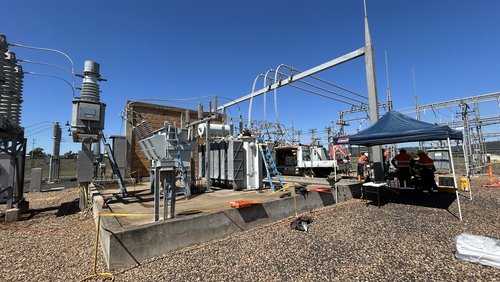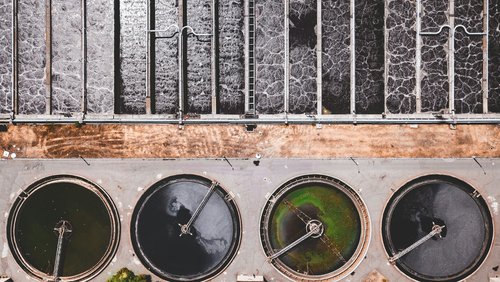Date: |
18 Sep 2025, 5.30PM – 7.30PM |
duration: |
2 hrs |
Venue: |
John Britten 102 Conference Foyer |
Address: |
John Britten Building, 69 Creyke Road Christchurch |
Cost: |
Free event |
Learn about a project aiming to make New Zealand a world leader in carbon removal tech. Civil and environmental engineering researcher David Dempsey is leading a multidisciplinary team to develop multiple technologies to pull millions of tonnes of emissions out of the atmosphere, in the fight against climate change. Notably, the team is investigating one novel approach that combines geothermal and bioenergy to generate electricity and store emissions.
Location: John Britten Building, University of Canterbury, 69 Creyke Road, Ilam, Christchurch 8041, New Zealand
Meet the Team
David Dempsey, University of Canterbury associate professor, Civil & Environmental Engineering.
David is leading the Megatonne Carbon Removal Project. He envisioned the new tech combining geothermal and bioenergy generation to store emissions. As a geothermal expert, he will also model reservoirs and suggest ways to keep the carbon we pump underground, permanently stored.
Rebecca Peer, University of Canterbury senior lecturer, Civil & Environmental Engineering.
Rebecca is leading the systems modelling work that will ultimately determine the most cost-effective approach for deploying carbon removal technologies to meet New Zealand’s target of net-zero by 2050.
John Reid, University of Canterbury professor, Ngāi Tahu Research Centre.
John will lead research investigating how a Māori organisation operating farms and forests could introduce a range of carbon removal technologies. His team will quantify the overall impact on emissions plus the wider effects on the business and whenua – from boosted pasture growth to altered water quality.
Karan Titus, University of Canterbury research fellow, Civil & Environmental Engineering.
Karan explored the techno-economic feasibility of using a geothermal power station for carbon removal, by burning leftover forestry waste and capturing its emissions. Given his promising results, the team will now scope how the technology could be implemented at real geothermal power plants.
Hear from the team aiming to make New Zealand a world leader in carbon removal technology. They are developing technologies to remove millions of tonnes of emissions from the atmosphere in the fight against climate change.
Learn about a project aiming to make New Zealand a world leader in carbon removal tech. Civil and environmental engineering researcher David Dempsey is leading a multidisciplinary team to develop multiple technologies to pull millions of tonnes of emissions out of the atmosphere, in the fight against climate change. Notably, the team is investigating one novel approach that combines geothermal and bioenergy to generate electricity and store emissions.
Location: John Britten Building, University of Canterbury, 69 Creyke Road, Ilam, Christchurch 8041, New Zealand
Meet the Team
David Dempsey, University of Canterbury associate professor, Civil & Environmental Engineering.
David is leading the Megatonne Carbon Removal Project. He envisioned the new tech combining geothermal and bioenergy generation to store emissions. As a geothermal expert, he will also model reservoirs and suggest ways to keep the carbon we pump underground, permanently stored.
Rebecca Peer, University of Canterbury senior lecturer, Civil & Environmental Engineering.
Rebecca is leading the systems modelling work that will ultimately determine the most cost-effective approach for deploying carbon removal technologies to meet New Zealand’s target of net-zero by 2050.
John Reid, University of Canterbury professor, Ngāi Tahu Research Centre.
John will lead research investigating how a Māori organisation operating farms and forests could introduce a range of carbon removal technologies. His team will quantify the overall impact on emissions plus the wider effects on the business and whenua – from boosted pasture growth to altered water quality.
Karan Titus, University of Canterbury research fellow, Civil & Environmental Engineering.
Karan explored the techno-economic feasibility of using a geothermal power station for carbon removal, by burning leftover forestry waste and capturing its emissions. Given his promising results, the team will now scope how the technology could be implemented at real geothermal power plants.
Presenters
Canterbury Branch





